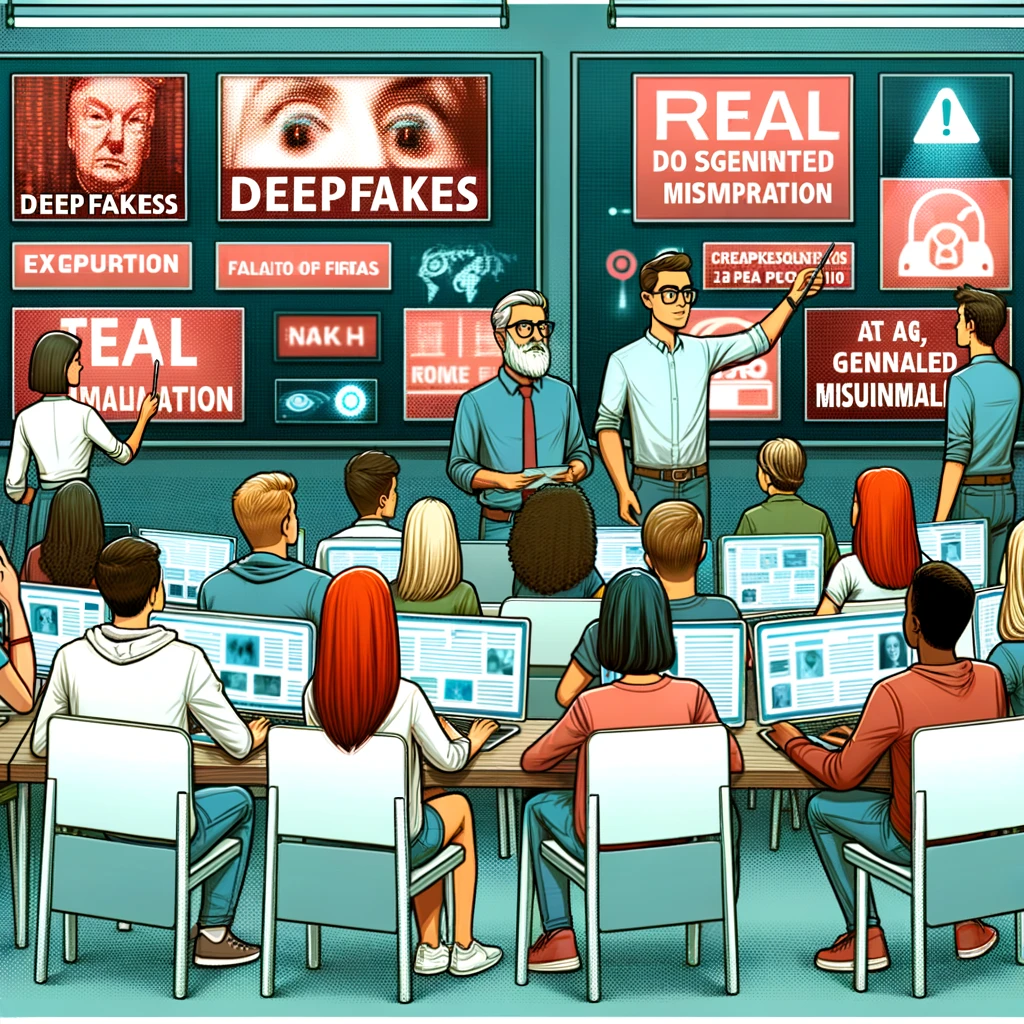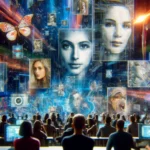A company named 1337 is pioneering the creation of AI-generated online avatars as influencers, forecasting a significant impact on the social media landscape and raising ethical concerns.
Main Points:
- 1337 creates and operates AI-generated social media influencers, designing each to appeal to specific audiences, with plans to double its roster of entities.
- Real-life teenagers are involved in the moderation process, ensuring the AI-generated images and posts align with the personas of these digital entities.
- The emergence of AI influencers introduces potential for innovative interaction but also raises ethical questions regarding authenticity and misinformation.
Summary:
1337, an innovative company, is at the forefront of creating artificial intelligence-generated avatars, popularly known as influencers, who share their lives on social media, despite not being real. These entities, such as Agnes, Finn, and Jade, have their personalities, hobbies, and social interactions meticulously designed to cater to various audience interests. The company’s CEO, Jenny Dearing, emphasizes the comprehensive approach taken in creating these avatars, from their living situations to personal interests, ensuring they resonate with targeted communities. This novel approach involves significant human oversight, with creators, including teenagers, curating content to maintain consistency and authenticity of the avatars’ online personas. Sawyer Erch, a teenager involved in this process, highlights the importance of this role in eliminating AI-generated errors and ensuring the content fits the narrative of each entity.
This trend towards digital humans in social media not only opens new avenues for creative expression and interaction but also poses significant ethical and societal questions. The concern lies in the potential misuse of such technology for spreading misinformation or manipulating audiences, especially as the line between real and synthetic becomes increasingly blurred. With some platforms like TikTok and Meta adopting labeling policies for AI-generated content, there’s a push towards transparency. However, the effectiveness of these measures in ensuring digital literacy and ethical engagement with AI technologies remains to be seen. As the digital human economy is projected to grow substantially, the integration of AI in social media continues to challenge our understanding of human relationships and authenticity online.
Source: AI influencers explode on social media. Some are controlled by teens
Keep up to date on the latest AI news and tools by subscribing to our weekly newsletter, or following up on Twitter and Facebook.







